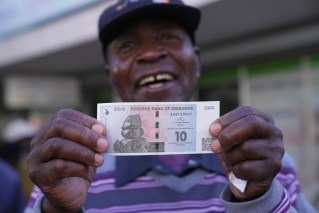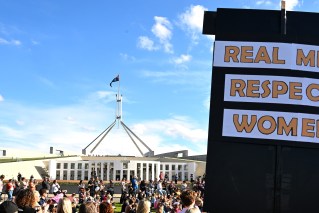Sky high real estate prices tipped to lose their sizzle, say banks
The housing boom may have reached its peak with reports suggesting the “red-hot pace’’ of spiralling prices may be slowing.


House prices in Brisbane were tipped to rise again in 2024 (Photo: Hunter Galloway)
Westpac said it was still “bullish’’ about the market “but we do not expect the red-hot pace of the first few months of 2021 to continue’’.
CoreLogic’s Tim Lawless has backed that up and the ANZ said its survey found consumer confidence was being impacted by lockdowns, with Brisbane’s falling 4.9 per cent.
“There are some early signs the exuberance in the housing market may be peaking,’’ Lawless said.
“This isn’t to say housing values are about reverse; a more likely scenario is the housing market is moving through a peak rate of growth and the pace of capital gains will gradually taper over coming months.
“CoreLogic’s home value index is already indicating a slowdown in the pace of capital gain.’’
He said auction clearance rates had eased and more stock was coming onto the market.
“Along with more new advertised stock coming on the market, there has also been a significant lift in housing construction activity that will gradually add to overall supply levels,’’ Lawless said.
“The unprecedented pipeline of new housing supply will take some time to work through to completions, however it is occurring at a time when demand from population growth has recently turned negative which could progressively create an imbalance between demand and supply.
“The lift in new home building will gradually add to overall housing supply levels at a time when population growth, which is an important component of housing demand, has turned negative for the first time since 1916 due to closed borders and stalled overseas migration.”
Westpac’s Michael Hassan said the sharp increase in prices would start to discourage buyers.
“The air gets pretty thin at these levels, especially for would-be first-time buyers,’’ Hassan said.
“We are already seeing the early signs of a pull back with the ‘time to buy a dwelling’ index in our consumer sentiment survey down nearly 20 per cent from its November high.
“This index, which we know to be particularly sensitive to affordability, has correctly picked every twist and turn in Australia’s housing market since the early 1970s, usually with a lead of three to six months.’’
However, Westpac said it now expected a 15 per cent gain for 2021, an increase on its previous forecast of 10 per cent.
“To be clear, this is a bring-forward of our previous call that prices would rise a cumulative 20 per cent over this year and next.’’












